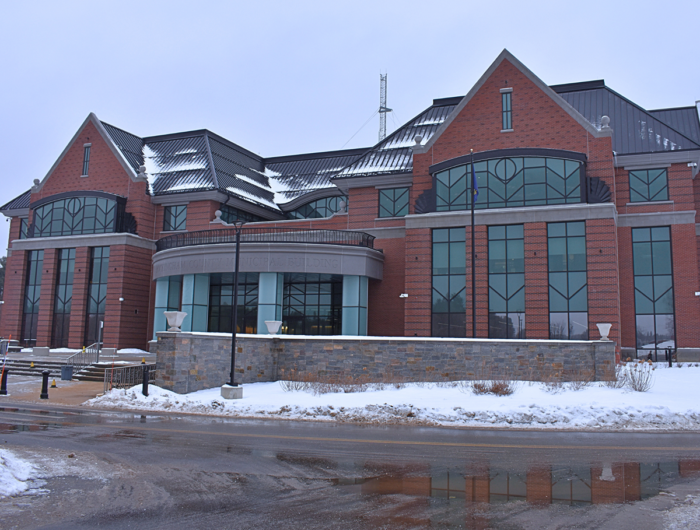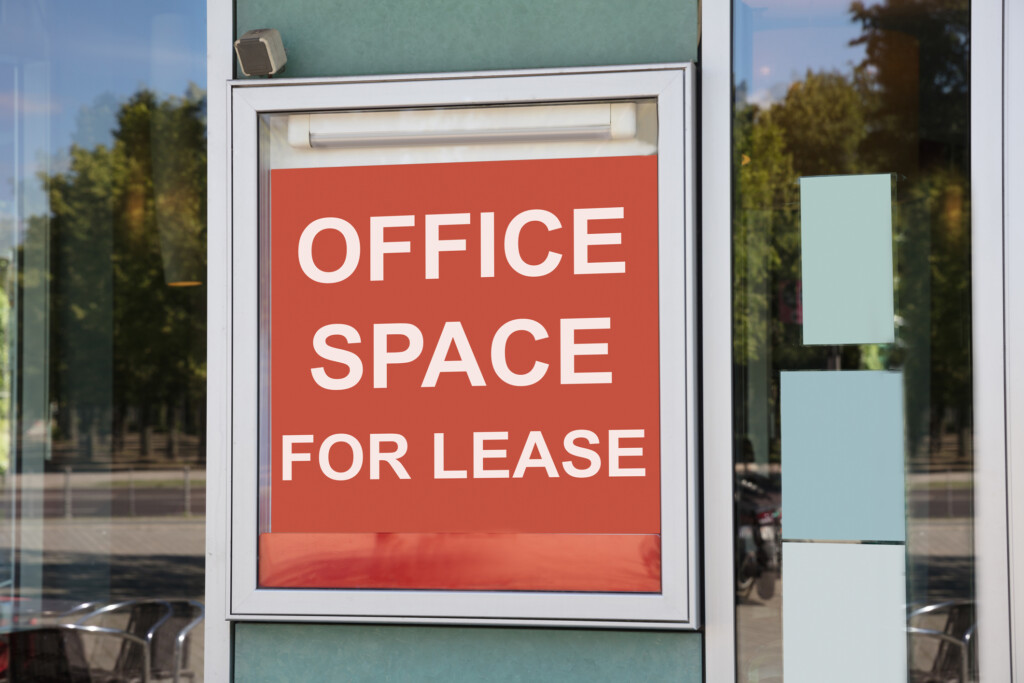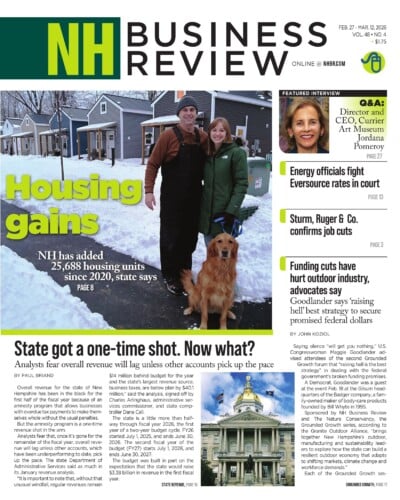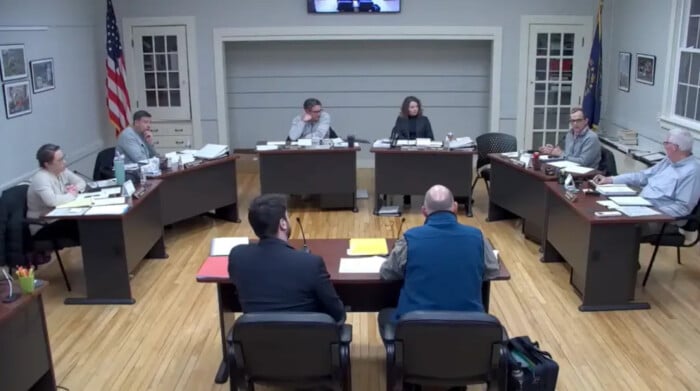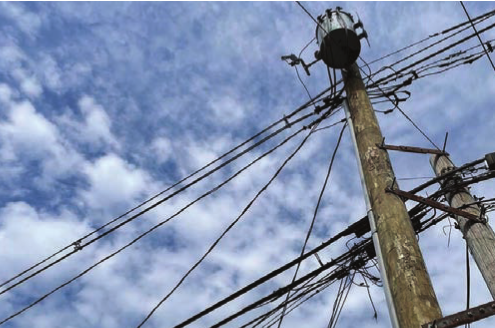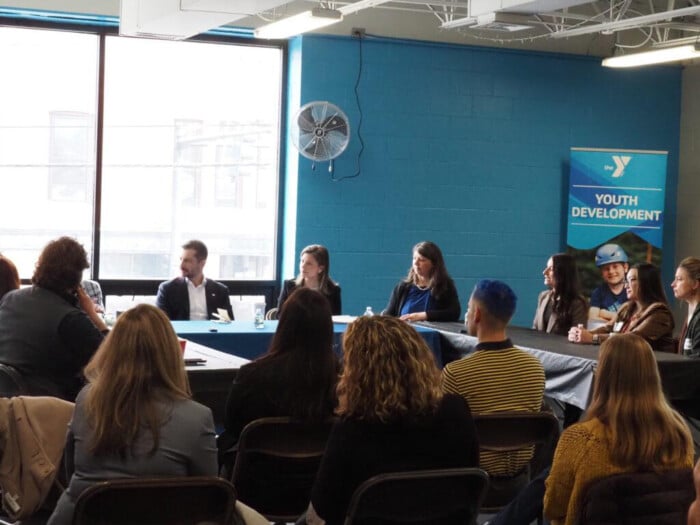New Hampshire is the second-oldest state in the nation, with a median age of 43, and 18.7% of residents are 65 and older, compared with 16.5% nationwide. Technology tools and advance planning can help those residents maintain the most independence while adjusting to the changes older age may bring.

Our expert:
Elizabeth Baker, Admission Coordinator, The Morrison Communities
Q. What innovative solutions and technologies have you seen that help promote independent living, health and overall wellbeing?
A. While our assisted living and skilled nursing units provide 24/7 staff support, regular eyes-on checks, pendants, call systems and other technologies to ensure the safety and well-being of our residents, a significant portion of our population resides in our independent living campus where these integrated solutions are not available.
Increasingly, we observe families and independent living residents utilizing smart technology, such as Alexa or Google Home devices, not only for entertainment but also to enhance their sense of security through the safety features included with these applications. For instance, my own parents have their Alexa configured for emergency assistance; in the event of a fall with no one else at home, they can use voice commands to call 911 or call another emergency contact for help. Additionally, these devices are utilized for setting alarms, including medication reminders or wake-up routines. Depending on the devices capabilities, users can make calls, send voice notes and announcements, engage in video calls, and enjoy various games. They can also make shopping lists, ask basic questions, and access information on the weather, news and other daily interest items. These applications make music, audiobooks and other audio-based entertainment more accessible than ever, providing much-needed emotional and psychological engagement.
Additionally, devices like the Apple Watch can monitor basic health and safety. Many of these devices feature fall and crash detection, oxygen and pulse monitoring, step tracking, location services and easy-access emergency communication. Such devices offer a profound sense of security to those living independently and to their loved ones.
Q. What type of lifestyle options does the Morrison Communities offer, and how can individuals or family members choose what’s right for them?
A. The Morrison Communities offers a comprehensive range of elder care options, including independent living, assisted living, memory care, long-term care and skilled nursing, alongside outpatient physical therapy services. Each level of care is tailored to meet specific needs, with a strong emphasis on resident-centered care at every stage. Our units are thoughtfully designed to accommodate the changes associated with aging, featuring smaller units, expanded services, and increased staff ratios as residents progress through the continuum of care. Our primary goal is to support residents in maintaining their highest levels of independence possible, utilizing both our internal resources and community connections to keep them active, engaged and in control of their own care.
Our admissions teams are dedicated to ensuring that families and residents are fully informed about the available options and services prior to initiating the admissions process. For individuals considering assisted living, memory care or long-term care, our clinical team conducts thorough assessments to confirm that a resident will be safe and comfortable in their chosen living environment, while also ensuring that all their needs can be met safely, sustainably and effectively. If the care needs extend beyond what we can provide, we connect our residents with local services that can help supplement the care they receive from us, loved ones or their regular doctors.
Lastly, we strongly encourage residents and their families to plan ahead and proactively seek information. Waiting until a crisis arises can result in unnecessary stress and delays. Admissions procedures for any facility require time, numerous documents and coordination among various parties. By engaging in advanced planning, exploring options and consulting with your medical professionals, legal advisors and financial counselors, individuals can actively participate in care decisions and ensure that their preferences are respected.
This proactive approach also facilitates smoother transitions and reduces stress when additional care becomes necessary.

